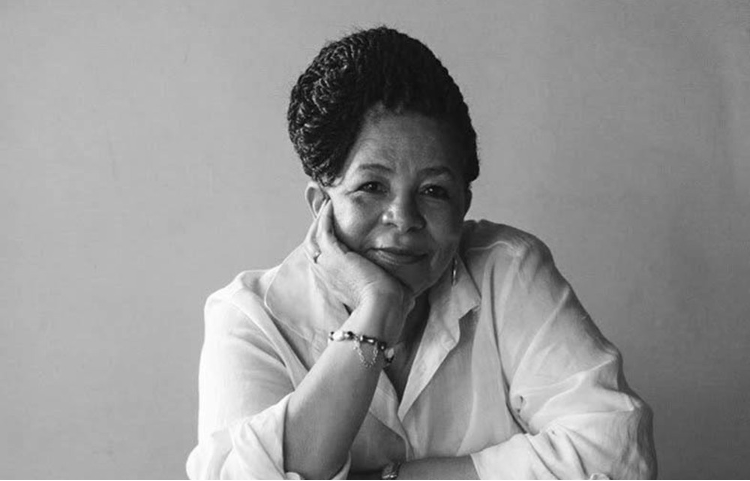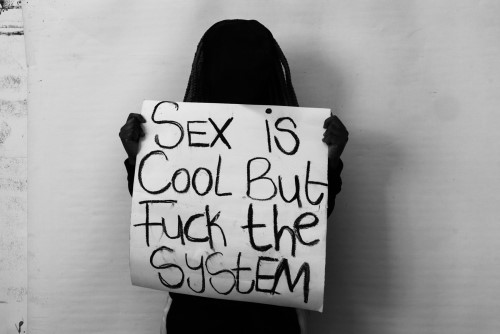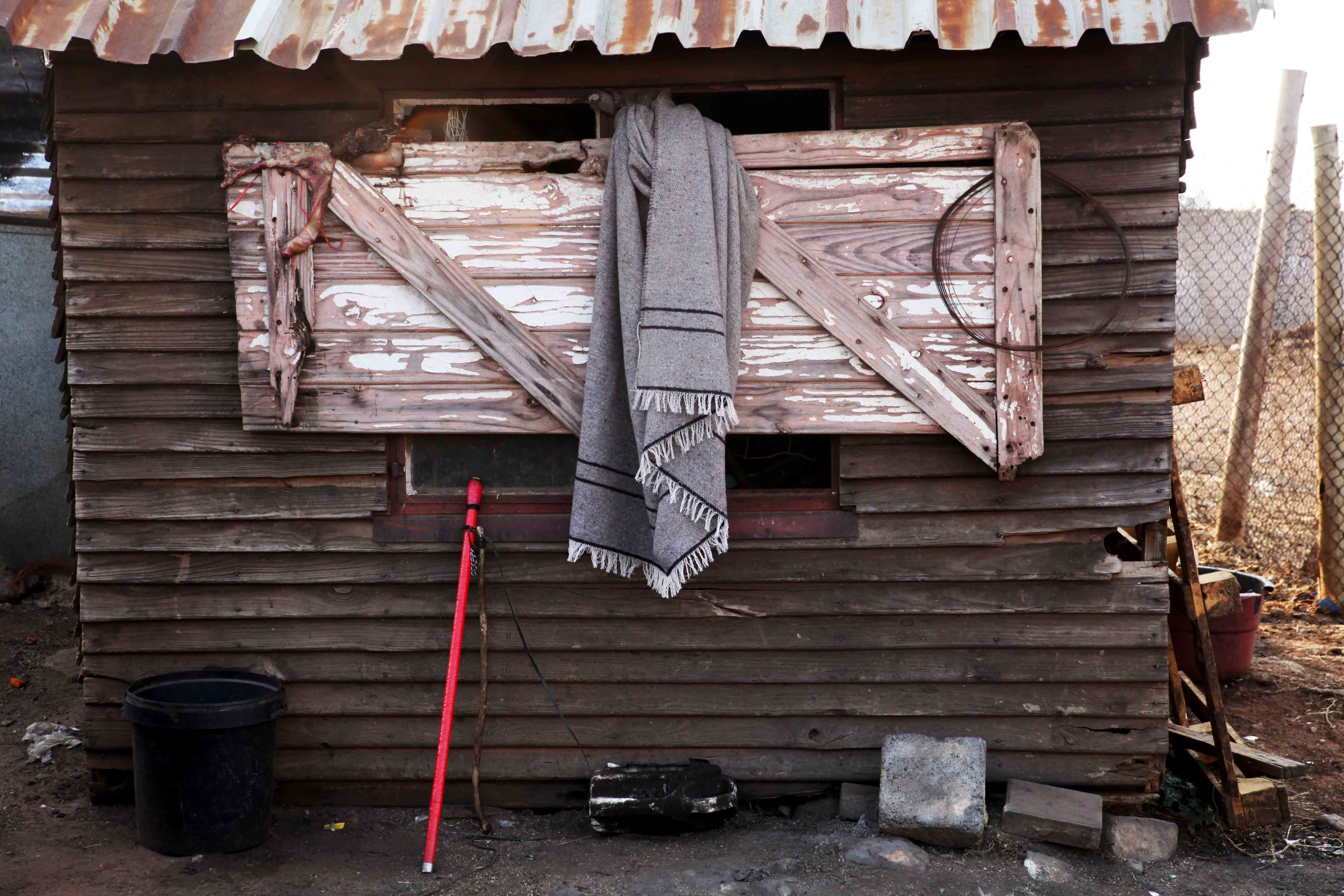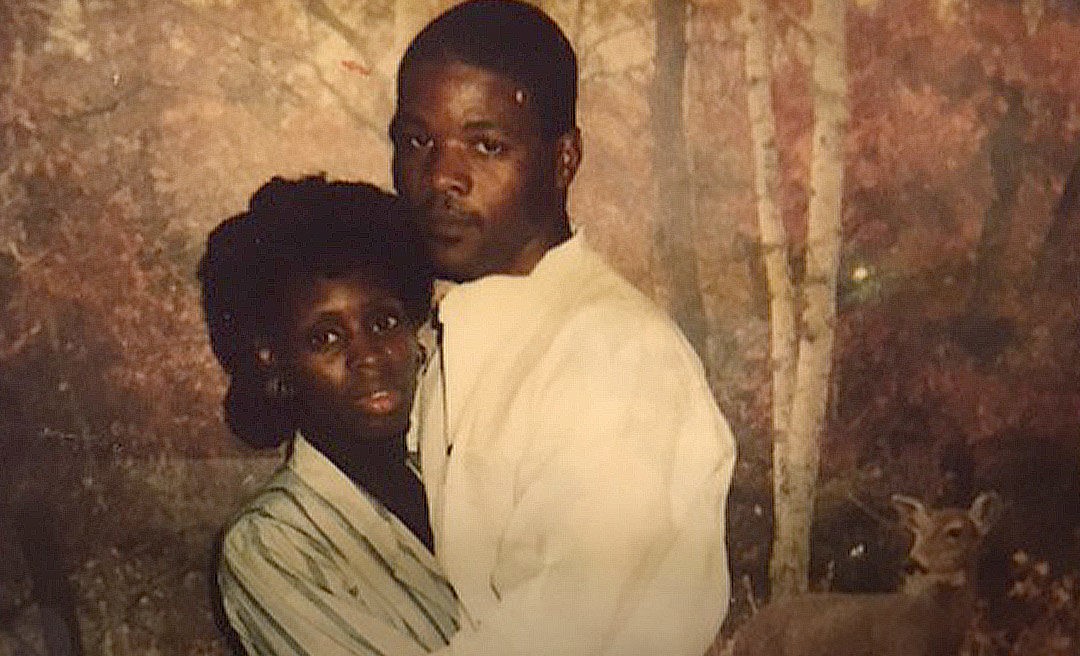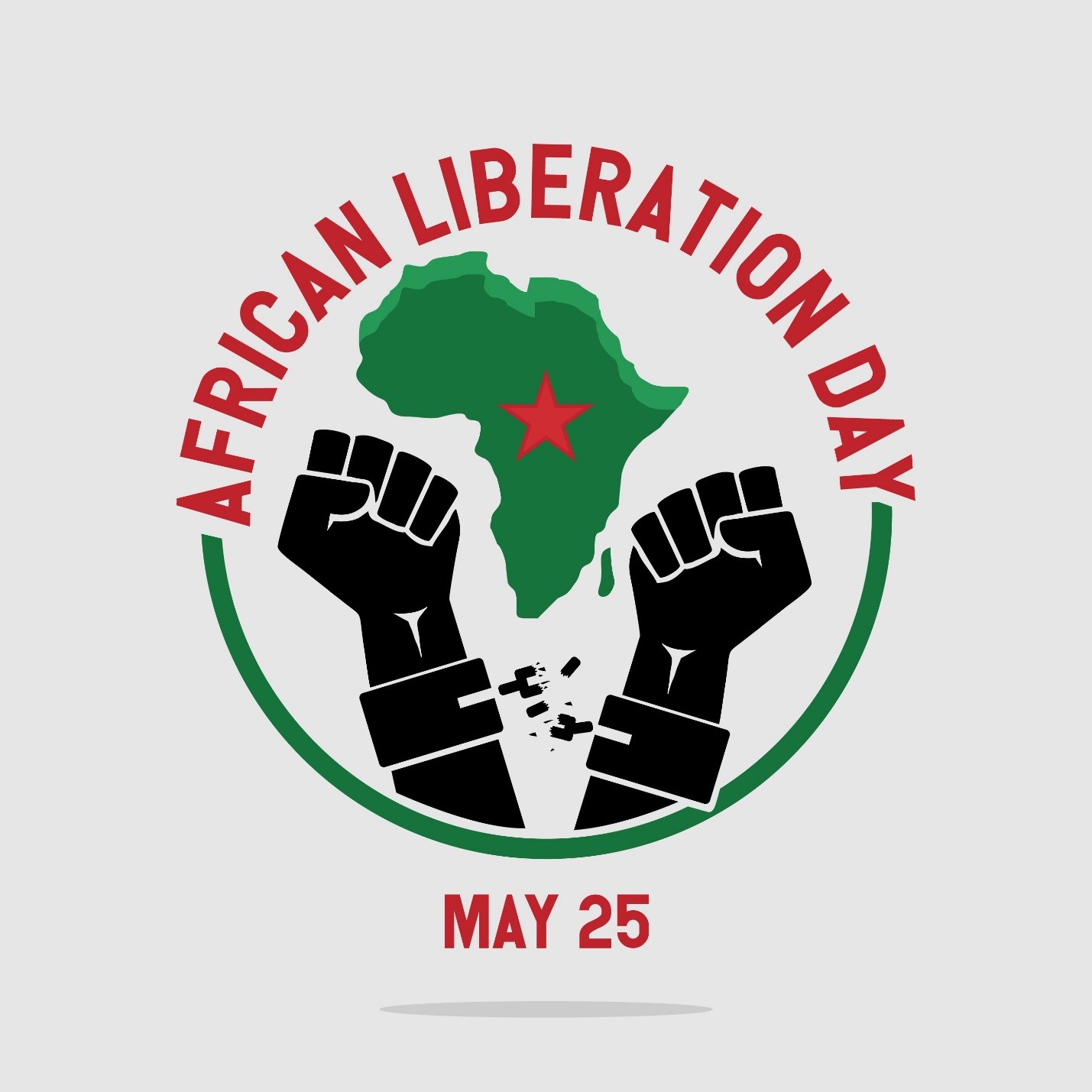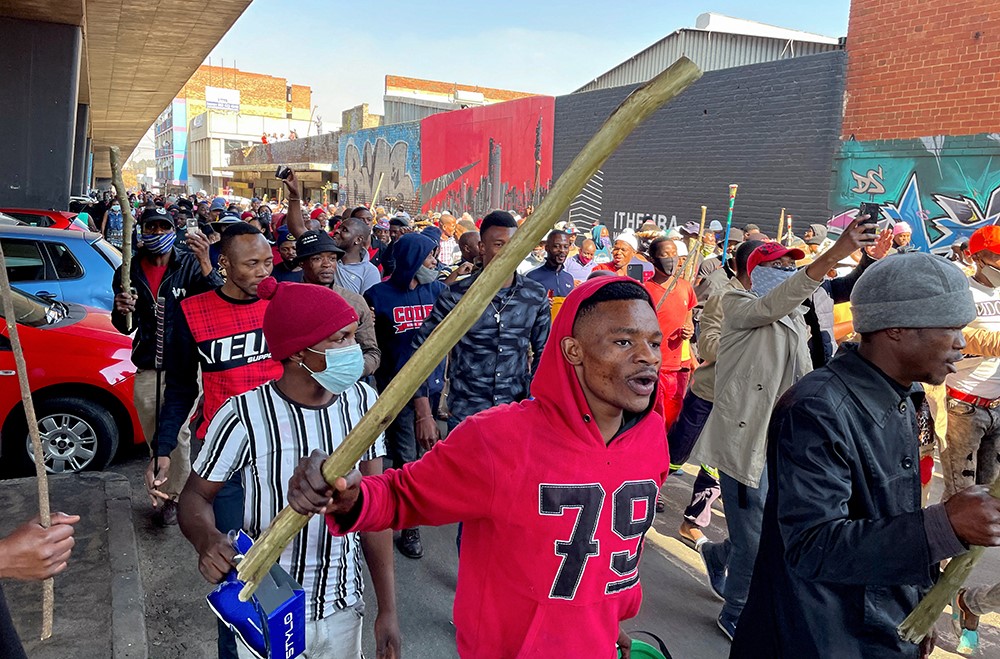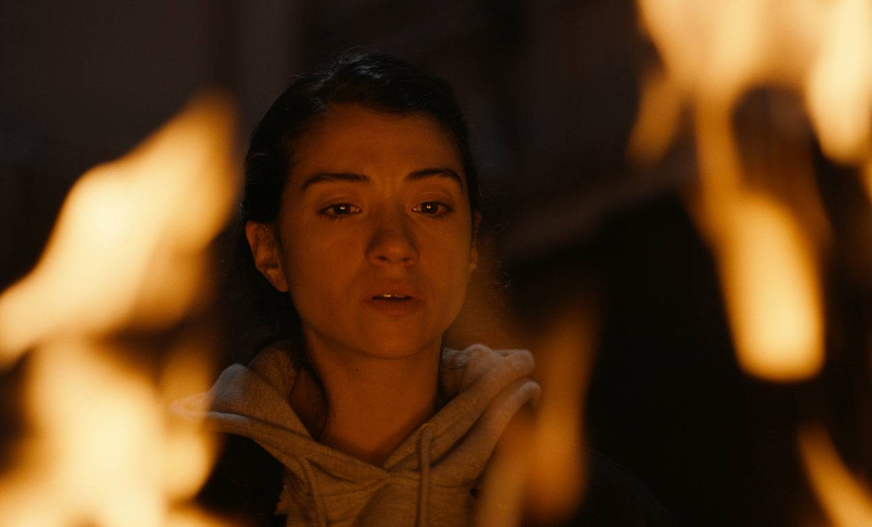In 2009, Slovenian Philosopher Slavoj Zizek gifted the left bloc with a much-needed article titled “How to Begin from the Beginning.” The crux of the article is to return us to Bolshevik leader Vladimir Lenin, with particular interest in his short but vital text titled, “Notes of a Publicist,” published in volume 33 of his Collected Works. Zizek revisited this text to understand why Lenin had to retreat into the NEP, allowing a wider scope for the market economy and private property. One may ask why not go straight to Lenin without using Slavoj Zizek as a bridge? The answer is simpler than it sounds. Zizek has committed himself to providing the left bloc with meditations against liberal notions of democracy and on the importance of a solid, coherent radical leftist bloc. Through some of his meditations, one learns about the negative impact of the absence of such a bloc, which creates a vacuum allowing for the expression, growth, and sustainability of crude and reactionary politics.
Best portrayed in his pessimistic phrase, Zizek avers: "If someone tells me there is light at the end of the tunnel, my instant response is, yes, it is probably [another] train coming towards us." Without a doubt, the BCPA bloc in occupied Azania holds the same sentiments with this pessimistic phrase. We, the black oppressed, are in this mess today—socio-economic issues, political instability, societal inequalities, skyrocketing levels of unemployment and poverty—simply because "1994 changed fokol." It was just another train coming towards us, falsely perceived as light (read freedom, equality, reconciliation) at the end of the tunnel (colonialism, apartheid, 'anti-black racism' and so on).
Now let us go back to Lenin before we get lost in the abyss of the dark woods. To convey the message of enormous importance to his comrades, Lenin employs an analogical device that reads as follows: "Let us picture ourselves a man ascending a very high, steep and hitherto unexplored mountain. Let us assume that he has overcome unprecedented difficulties and danger and has succeeded in reaching a much higher point than any of his predecessors, but still has not reached the summit. He finds himself in a position where it is not only difficult and dangerous to proceed in the direction and along the path he has chosen, but positively impossible." Lenin went further: "He is forced to turn back, descend, seek another path, longer perhaps, but one that will help him reach the summit." The reason for keeping these words captive, for undertaking this activity, and making this call to gather is an attempt to turn Lenin's analogy into a revival device to encourage my comrades to transcend beyond the breathtakingly evident 'moments of despondency.'
South Africa is heading to general elections in the next few months. Even though the electoral process is riddled with liberal notions of democracy, it remains a crucial task of the BCPA/Leftist bloc to stand as opponents, to move in parallel against expressions of reactionary politics, which at times have proven to be anti-black. The Black Consciousness Movement of Steve Bantu Biko reminds us, in tandem with the late black theologian James H. Cone, that as the black oppressed, we are on our own. Cone avers that "If our long history of struggle has taught us anything, it is that if we are to be free, we black people will have to do it." Our future freedom will result directly from our actions in the present. Through various mediums, much has been said and done, declarations drawn/debated and adopted, yet the sad reality—the status of being the downtrodden of the earth, bearers of 'wretchedness of existence'—remains intact. Black people still languish in suffering and stand unseen, unnoticed, and unheard with their groans and moans as the faces of squalor, which all fall outside the scope of what the liberal notions of democracy stand for and cater to.
In such times of need, we, the black oppressed, cannot allow despair to have the last word. Our struggle forces us to keep afloat at all times. We must not tire of pushing each other against the wall in a loving way. "Black Consciousness should not be lost, it should still be instilled within the community. A lot of people have not gained their self-awareness, and a lot of black people are still psychologically oppressed." Quoted here are the words of the late comrade Deborah Matshoba, mostly known in BCPA circles as one of the many who stood on the ground, with their bodies on the line, and fought for our freedom under the banner of BCM. She does not say these words pre-1994. Rather, the interview where she speaks is found in a book (Biko Lives, originally published in 2008) written and published post-1994. This is telling of the fallacies of the 1994 moment as one of freedom. In reality, 1994 stands as a non-event where songs of freedom were sung, but freedom itself as a reality and lived experience is yet to make it to the party twenty-nine years later post-1994. The suffering of the black oppressed remains unchanged.
The Promises of 2024?
Political parties have come out guns blazing to promise what they intend to deliver if elected as the government in the next general elections. Some promise better housing for all, free education, and a better life, among other things. The ANC itself has not changed its language; it is still making the same promises it has made in past elections. Beautiful promises, but delivery leaves room for the unknown dark once they are elected to power. Most of these parties are led by black people but don't hold the interests of black people in their spirit and actions. Therefore, this shows that even when we reach the 2024 General Elections and the victor takes political power, being represented by such parties singing black but living and thinking white, the black oppressed will remain in their chains since those who claim to represent them continue refusing to move beyond the liberal notions of democracy and take a route that makes it possible for them to break the chains of black oppression. Even those movements and political parties who claim and declare themselves as being on the radical left bloc, never miss the opportunity to sing the same tune as parties working for the interest of white supremacy, those whose politics and ideologies empower and charge anti-black racism in South Africa.
Important to note is the failure of the incumbent government to address the historical question that continues to haunt the country to this day: the land question. Not so historical in the sense that its question is a backward fixation on the past, but rather, as a historical question that continues to drive the realities that we see in the country today. A past that continues to crash itself into the present of this country. Here we are speaking of the "land questions which seem unresolvable through the ministrations of the bourgeois nationalist state," writes the literary critic Lewis Nkosi. This is simply because there is no zeal and no will to change the status quo as it stands from the sitting government.
It is Thobani Zikalala, in an article titled “The Many Nuances of the Land Question” in South Africa, who reminds us that "Land is too much a topic for it to be left to one part of society to discuss and the others reduced to being onlookers.” If we are to speak about freedom and equality in the lives of black people, that cannot happen outside of addressing the land question. The author writes in the depths of his article that "Land is an ontological object that determines existence and gives birth to identity. This is to say land gives and legitimizes the existence of a people and gives them a sense of belonging.” Therefore, without land, the identity of the black oppressed is in question in this country, which is why to this day black people in the land of their forebears have known nothing but terror and pain since the grand crime of 1652. If the 2024 general elections should mean anything positive to black people in this country, we, the black oppressed must stand up tall and wage a fight against the dominant spirit of anti-blackness and expressions of reactionary politics.
The duty rests on your shoulders, my comrades, those who have taken the decision to put your bodies and lives on the line to fight against the oppression of black people come what may. Those who have listened closely to the voice of Sobukwe and promised that they will fight for your land until the day when freedom is not only spoken about but seen in realities and the lived experience of black people. Those who took Biko seriously when he took it upon himself and his comrades to work tirelessly to pump back life into the empty shells of the black oppressed.
This speaks to all of you, those who continue to shout Izwelethu with pride and a sense of responsibility to deliver freedom to those comrades Matshoba claimed are still 'all struggling and still battling'.
It is upon you to critique all forms of reactionary expressions in the political arena and disarm those who tirelessly work to promote apolitical politics that continue to be anti-black in form and spirit. The task is upon you to follow comrade Deborah Matshoba's line of march and instil Black Consciousness within the community/ties and help many gain self-awareness and defeat all forms of psychological oppression.
In that route, we shall see freedom in our lifetime. If not, those who come after us will benefit from the fruits of our actions today. The struggle continues!

